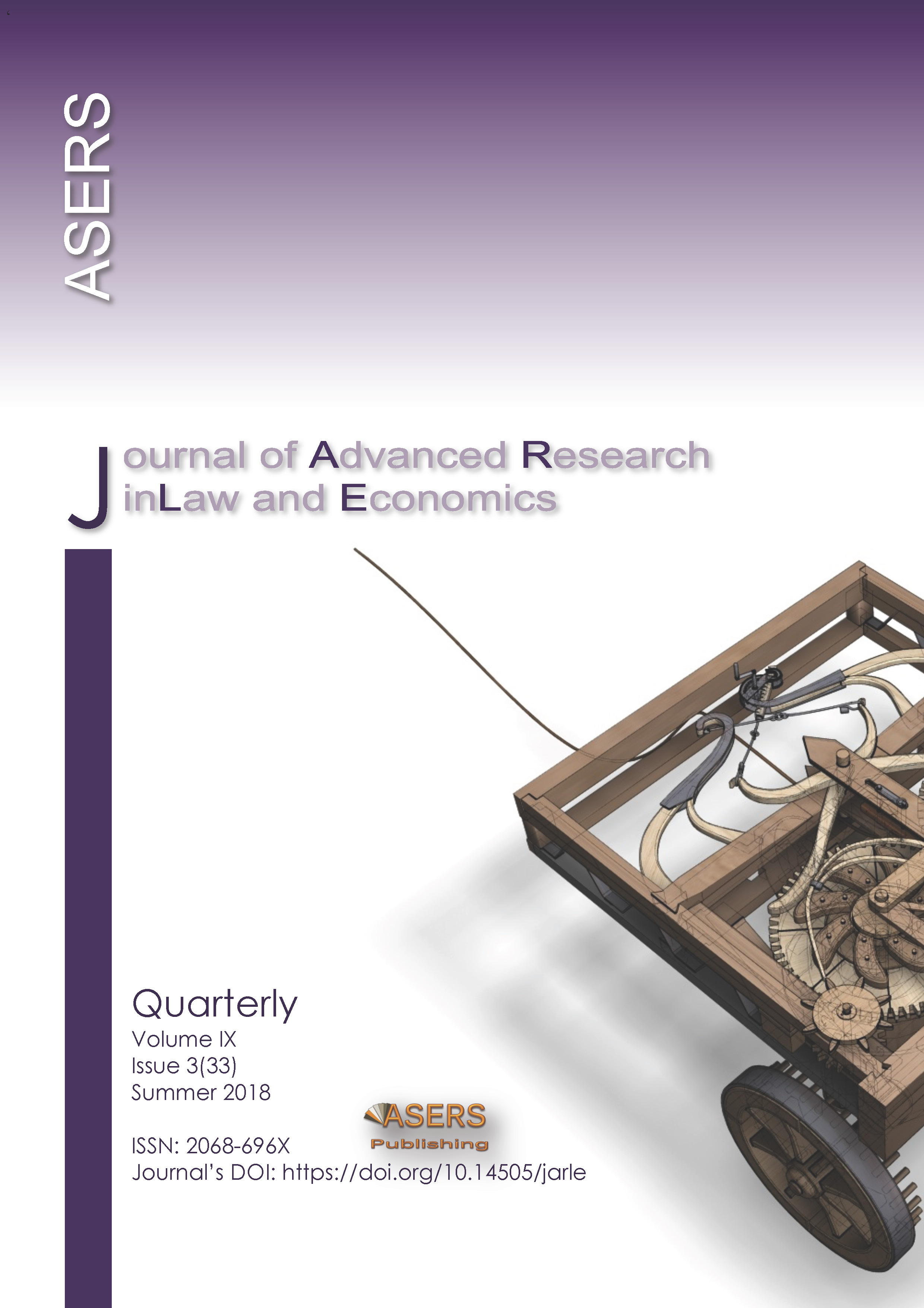Legal Significance of Electronic Messages and Documents
Legal Significance of Electronic Messages and Documents
Author(s): Elena Anatolyevna KIRILLOVA, Varvara Vladimirovna Bogdan, Mariya Vladimirovna GOLOVATSKAYA, Tatyana Anatolyevna Melnichenko, Vladimir Nikodimovich OGNEVSubject(s): Law, Constitution, Jurisprudence, Law on Economics
Published by: ASERS Publishing
Keywords: electronic messages; legal facts; acts; legal nature; Internet; online documentation;
Summary/Abstract: This article discusses the features and legal nature of legally significant electronic messages and documents. In the recent period, when the main part of business correspondence is carried out via the Internet, there is a need to ensure the legal significance and demonstrative strength of electronic documents and messages, as long as such documentation contains critical information. The main purpose of the study is to determine the legal nature of legally significant electronic messages and to determine the possibility of accepting electronic documents as evidence in court. When writing the article, the methods of collecting and studying single facts were used; generalization methods; methods of scientific abstraction; methods of cognition of regularities. The study has concluded that legally significant electronic messages (documents) are written notifications, including letters, that contain information of any legal significance for recipients and/or senders, if this is provided for in the contract, by law, by custom, committed through the Internet information and telecommunications network – electronic correspondence (e-mail), instant messages (ICQ, Skype, Jabber, WhatsApp, etc.), electronic copies of paper documents, etc. with observance of legal procedures. As a result of the analysis, a definition is given, the main features ofelectronic documents are highlighted, and it is suggested to use in international conventions and agreements the presumption of equalization of paper documents and electronic documents if they are drawn up in compliance with the requirements of law, contract and business practices. The proposal is to secure the provision that the e-mail address should be recognized as a simple electronic signature, and correspondence (subject to other conditions) should be recognized as the admissible evidence in court, which will simplify and systematize law enforcement practice.
Journal: Journal of Advanced Research in Law and Economics (JARLE)
- Issue Year: IX/2018
- Issue No: 33
- Page Range: 997-1003
- Page Count: 7
- Language: English
- Content File-PDF

